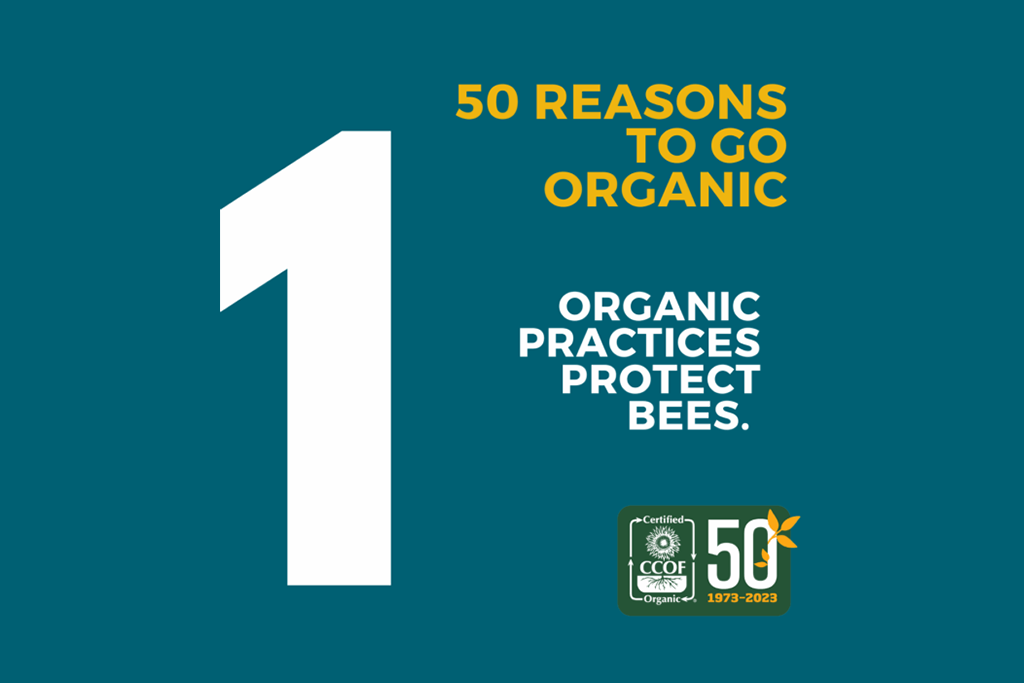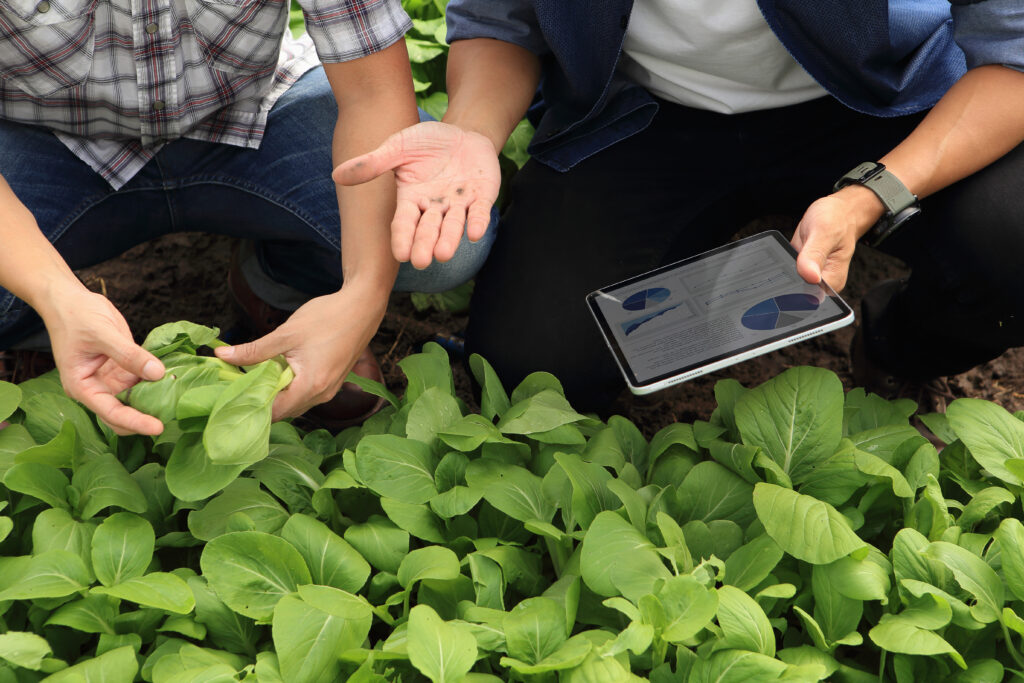As the air turns crisp and the leaves take on brilliant new shades (or just finally get rained on, for those of us in California), there’s something irresistibly comforting about baking. One of the most delightful ways to capture the coziness of the season is with a fragrant autumn spiced pear cake.
This cake embodies everything we love about fall: rich seasonal flavors, a tender crumb, and the subtle sweetness of ripe pears. Take your baking to the next level by choosing organic ingredients. That way, you can support the farm workers who grow food using natural methods without artificial pesticides and enjoy a wholesome treat.
In other words, you can have your cake and eat it, too!
Pears Shine in Autumn Baking
Pears often take a backseat to apples and pumpkins during the fall, but they deserve their moment in the spotlight. Ripe pears offer a delicate sweetness and a juicy, buttery texture that melts into cakes beautifully. Their mild flavor pairs perfectly with warm spices like cinnamon (if you’re feeling adventurous, try adding nutmeg, clove, and ginger!) and additives like coconut, walnuts, raisins, or chocolate. This recipe is easily customizable, making it perfect for repeat occasions.
The nice thing about this recipe is that it’s an attractive, aromatic cake without being overly sweet, so it pairs (or perhaps pears?) well with a hot beverage. Enjoy a slice in the morning with a hot cup of coffee, pair it with a thermos of cider for a picnic or bring it out after dinner with a steaming mug of tea.
Why Organic Ingredients Matter
Choosing organic ingredients for your autumn spiced pear cake isn’t just a culinary decision; it’s a conscious one. Organic farming avoids harmful synthetic pesticides, herbicides, and fertilizers, focusing instead on methods that nurture the soil and protect farmland for generations to come.
Organic soil-building and biodiversity practices create farms that are resilient to extreme weather conditions such as drought and hurricanes. Worldwide studies show that farms using organic practices experience fewer losses of crops, topsoil, and money after extreme weather events compared to non-organic farms. Organic agriculture also reduces environmental concerns like loss of biodiversity, soil erosion, and water contamination.
Did you know that organic farms typically use less energy compared to industrial farms? This is because they aren’t allowed to use toxic synthetic pesticides and fertilizers that depend heavily on fossil fuels. In the United States, about 40% of energy used to produce crops and livestock goes toward manufacturing synthetic fertilizers and pesticides. In contrast, organic farms use inputs that require less energy to produce such as composts, animal manures, and cover crops.
Of course, if you want to buy organic pears because you simply prefer the flavor of fruits grown in healthy, nutrient-rich soil, that’s a fine reason too! Wrap yourself in a cozy blanket, grab a fork, and enjoy all the comforts of fall.


